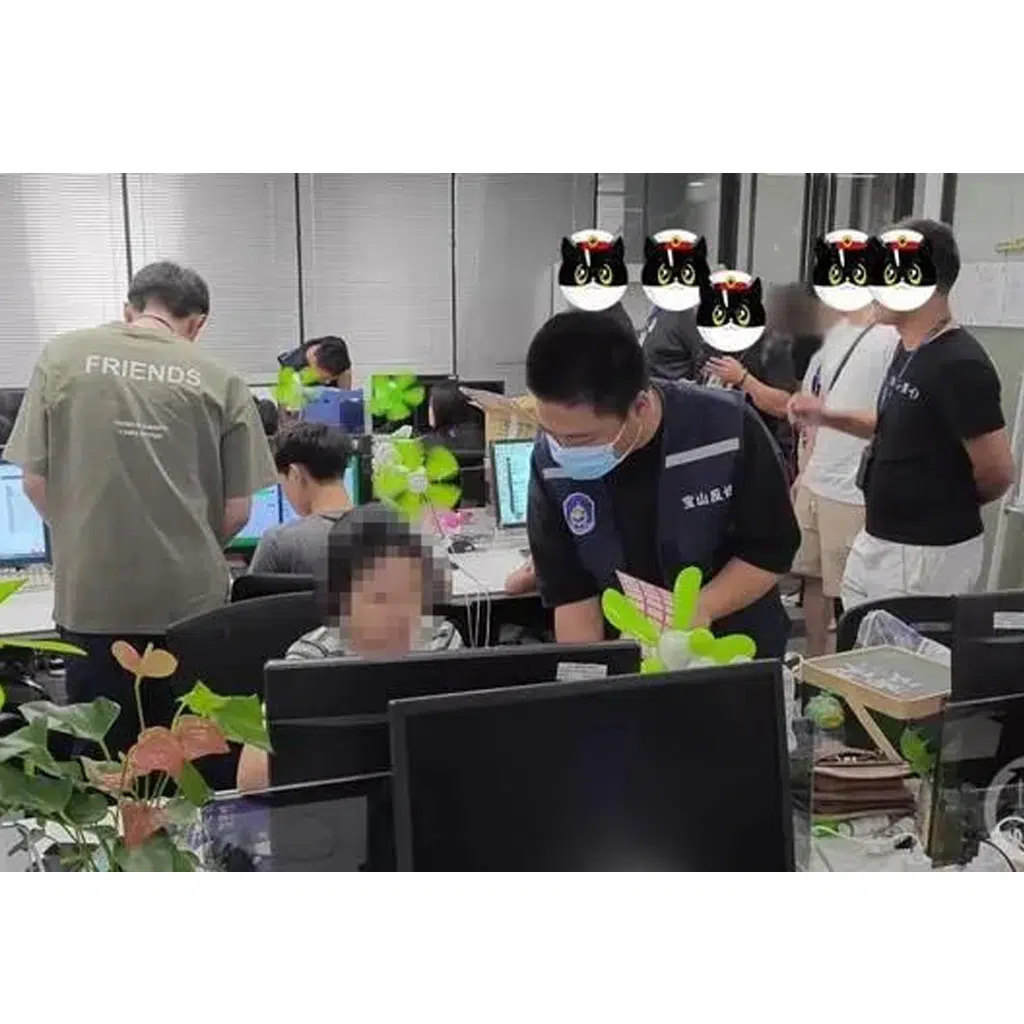
According to recent media reports, the Shanghai Police Department has been investigating a case of customized cosmetics fraud. The fraud team launched an online platform offering personalized skin care packages for women. They used a fictitious diagnosis and treatment process to exaggerate the effectiveness of their products in removing freckles, and sold these high-priced skin care items, resulting in fraudulent gains of over 1.5 million dollars.
The case involved the enticement of customers through customized beauty cosmetic products. In July 2023, a woman came across an advertisement for a “skin care personal test” on the internet and was intrigued by it. After undergoing the free test provided by the skincare company, she received some “professional whitening” advice. Consequently, she placed an order for customized facial whitening products.
However, even after using these face-whitening creams for two months, her skin showed no signs of improvement. Seeking clarification, she contacted the online consultant and was informed that her skin type was more unique than others, necessitating the purchase of additional facial cream. Failure to do so would reportedly worsen her skin condition.
As a result, the woman spent over $1,000.00 on ordering the “customized formula whitening” cream, only to find it ineffective even several months later. Realizing that these products were counterfeit and of inferior quality, she promptly reported the matter to the police.
Upon investigation, the police discovered a cosmetic company in Guangzhou that was involved in the fraudulent scheme. Consequently, they shut down four illegal workshops and one warehouse, apprehending 80 suspects. The total amount involved in this fraud case exceeded 1.5 million dollars.

In recent years, there has been an increasing consumer trend towards purchasing personalized and customized skin care products and services.
The global personalized beauty market is projected to grow from US$29.25 billion in 2021 to US$37.72 billion in 2022, with a compound growth rate of 11.87%. By 2028, it is expected to exceed $72.0 billion. Major beauty companies like L’Oreal, Estee Lauder, Shiseido, and LVMH have all ventured into the realm of customized cosmetics, obtaining the necessary certifications and licenses for “personalized service small batch production.” This move represents a significant step forward in the history of personalized cosmetics, surpassing traditional modular customization.
However, there are still pitfalls within the customized cosmetics industry. For instance, we have observed certain beauty shops offering “try-on-it beauty sets” at lower prices to entice consumers to test their products during live broadcasts. Subsequently, they promote privately customized cosmetics based on these trials. Naturally, all customized formula products come at a higher cost.
Some beauty shops claim that their products can effectively address personal skin issues such as facial spots, scars, and age wrinkles. They boast the ability to customize “superior high-quality” facial masks, which are, in reality, just normal moisturizing masks.
The so-called private customization is, in actuality, a standardized product output, and the concept is more of a marketing tactic than a genuine customization experience. Moreover, ordinary cosmetics that promise whitening and other special cosmetic effects may also potentially violate regulations.
It is worth noting that personalized service pilot products do not include special cosmetics and children’s cosmetics due to regulatory variations. Therefore, it is advisable to steer clear of whitening and freckle removal products claiming to be customized with immediate results.
The time has come to thoroughly evaluate the customized cosmetics industry.
From a regulatory standpoint, obtaining a certificate is a fundamental requirement for companies in the customized cosmetics industry. Additionally, registration and sample retention should be conducted in accordance with the standards applied to conventional cosmetics. These measures serve to ensure fair market competition.